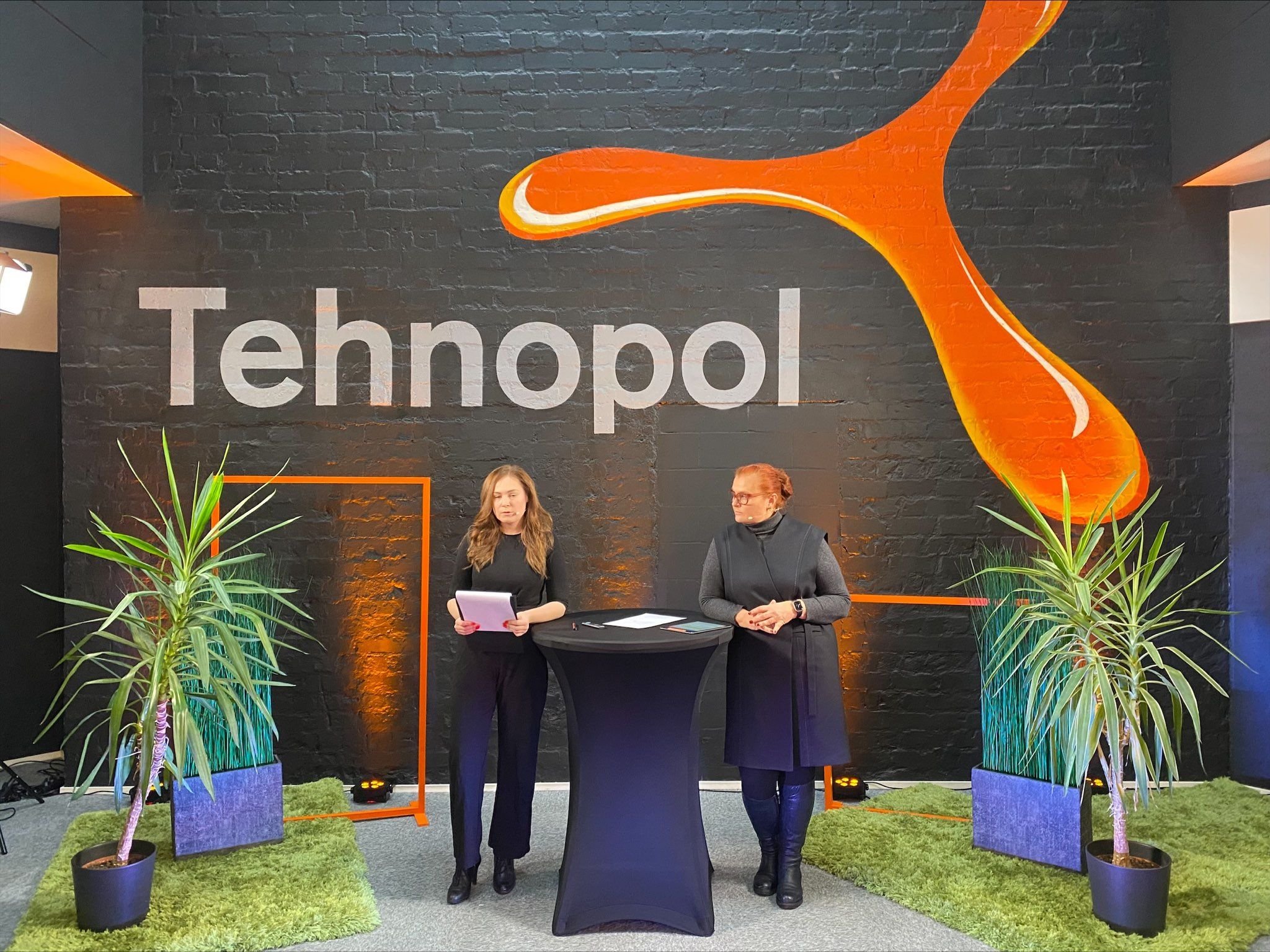Innovation in treatment of depression
This blog post has been written by Natali Kutsõk - our Chief Marketing Officer
On Friday, 10. December 2021, a webinar about the use of innovation in the treatment of depression was hosted at Tehnopol, the largest science park in the Baltics. Our CEO Dr. Kadri Haljas was one of the main organizers as well as a panel speaker at the event, which drew a very large online audience.
As the last speaker of the day, Dr. Haljas had the opportunity to reflect on the concerns brought up by participants during the webinar, the work that is already being done in mental health by those who presented, as well as the need for more innovation in mental health care, and in particular for depression, in combating the mental health crisis worldwide.
According to the World Health Organisation (WHO), mental health issues have tripled worldwide since 2014. In Estonia, 5.6% of the population suffers from depression, yet it remains among the most undiagnosed psychiatric conditions as there is a bottleneck for those who need diagnosis, treatment and care due to the lack of qualified mental healthcare professionals. Moreover, healthcare professionals are not available 24/7, nor are they always available in nearby, accessible places, making it difficult for those with depression to receive the care they need.
“Innovation in treating depression lies not in inventing the next ‘super-effective platform’ for healthcare professionals,” says Dr. Haljas, rather the focus should be on:
Collaboration between healthcare workers, including social workers, nurses, general practitioners
Increasing effectiveness of early diagnosis
Lowering the load for psychiatrists and psychologists
Prevention and awareness about the importance of mental health from an early age.
Dr. Haljas has been advocating the importance of implementing mental health innovations for years in Estonia and worldwide. She established the Mental Health Innovation Hub, headquartered in Estonia, to bring together innovators in mental health and to raise more awareness about the field. “We cannot let people wait and be disappointed by services that are currently available. It is time to act innovatively and provide people with services that are designed together with and for them,” says Dr. Haljas.
This is exactly what we are doing at Triumf Health: we deliver comprehensive care to kids through a game environment - a seamless and intuitive way of providing mental health and wellbeing care, support, and education to kids aged 7-12.
We at Triumf Health strongly believe that technology can improve mental health and wellbeing in a scalable way. And fortunately, we are not alone.

